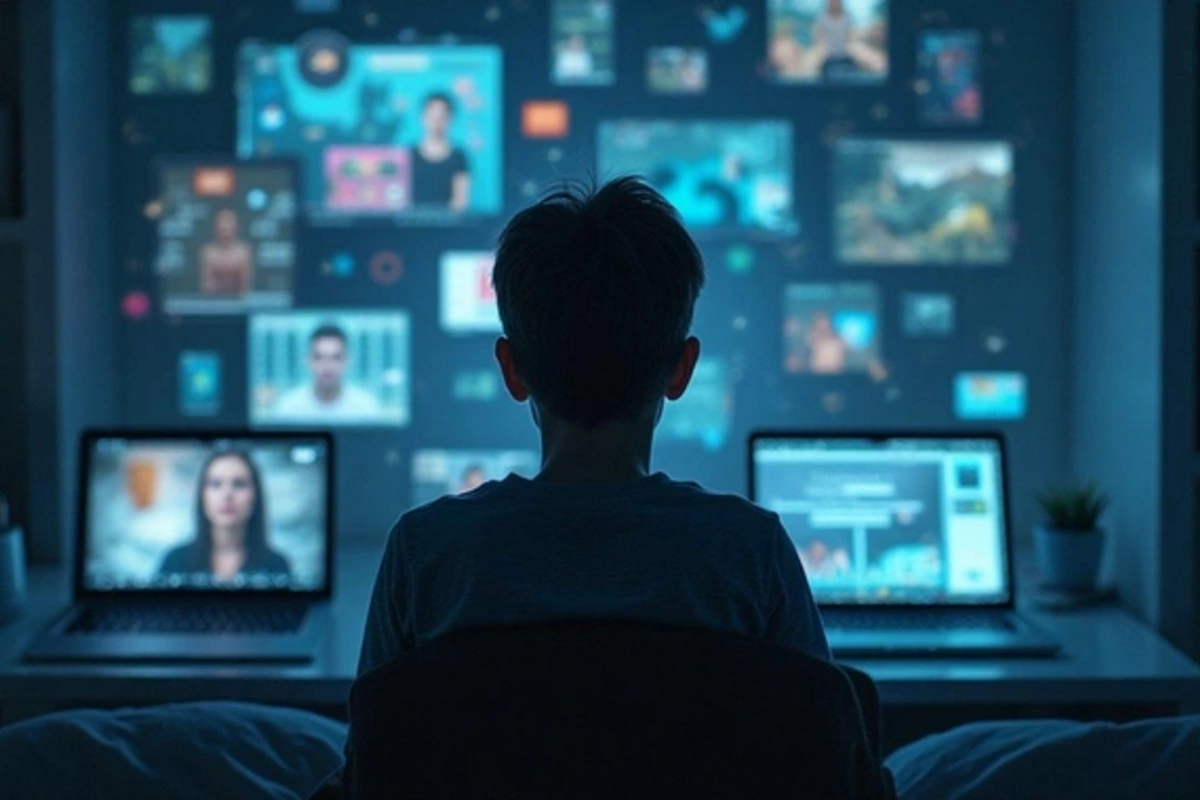26 May , 16:33
2

Generation Z recognized as the most psychologically vulnerable among all modern generations, according to the latest scientific research
Why are representatives of "zoomers" (born between 1997 and 2012) considered the unhappiest generation?
Anxiety and depression are breaking records.
As reported by TUT.AZ, a Pew Research Center study revealed alarming statistics: 42% of Generation Z representatives suffer from mental health problems, including depressive and anxiety disorders. More than half of them — 57% — are forced to take medications to stabilize their condition. This figure is twice as high as similar data among millennials and Generation X.
Critically low self-assessment of health. Only 15% of young people of Generation Z aged 18-26 consider their mental health excellent. For comparison: a decade ago, among millennials of the same age, this figure reached 52%.
Digital environment as a stress factor. Continuous presence in the internet space and social networks provokes constant comparison with others, which generates dissatisfaction and anxiety. Fear of missing out (FOMO) also significantly undermines the psychological well-being of zoomers.
The pandemic exacerbated the situation. Forced isolation and uncertainty during the COVID-19 period significantly increased feelings of loneliness and anxiety among young people. Many turned to psychotherapists for the first time and began taking medication to overcome the crisis state.
Comparison with previous generations.
Generation X (born between 1965 and 1980): psychological problems affect about 20% of representatives. At the same time, the level of anxiety and stress tends to increase in adulthood, especially during the period of 40-50 years.
Millennials (born between 1981 and 1996): Demonstrate a higher susceptibility to stress compared to their predecessors. However, their overall mental health is assessed as more stable than that of Generation Z.
Conclusion. Representatives of Generation Z face unprecedented challenges of modern times: from the pervasive influence of the digital environment to global crises and uncertainty about the future. These factors make them the most vulnerable to the development of mental disorders among all modern generations.